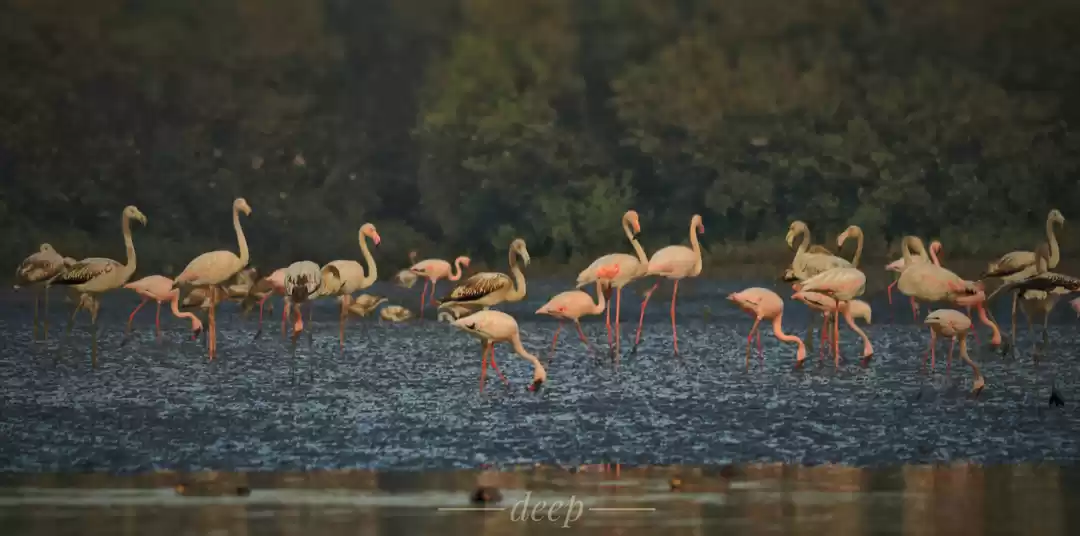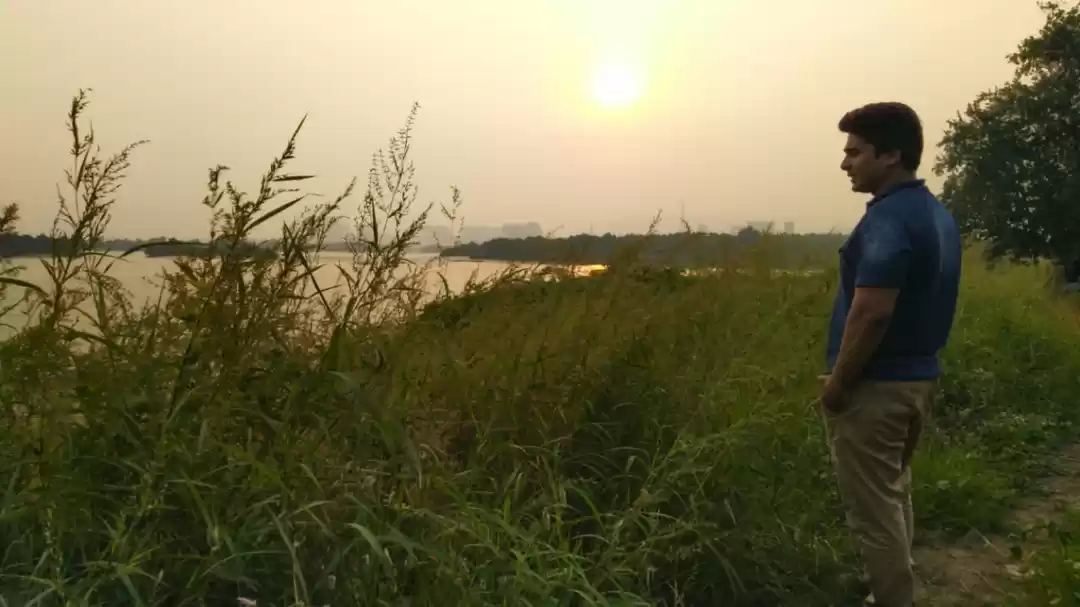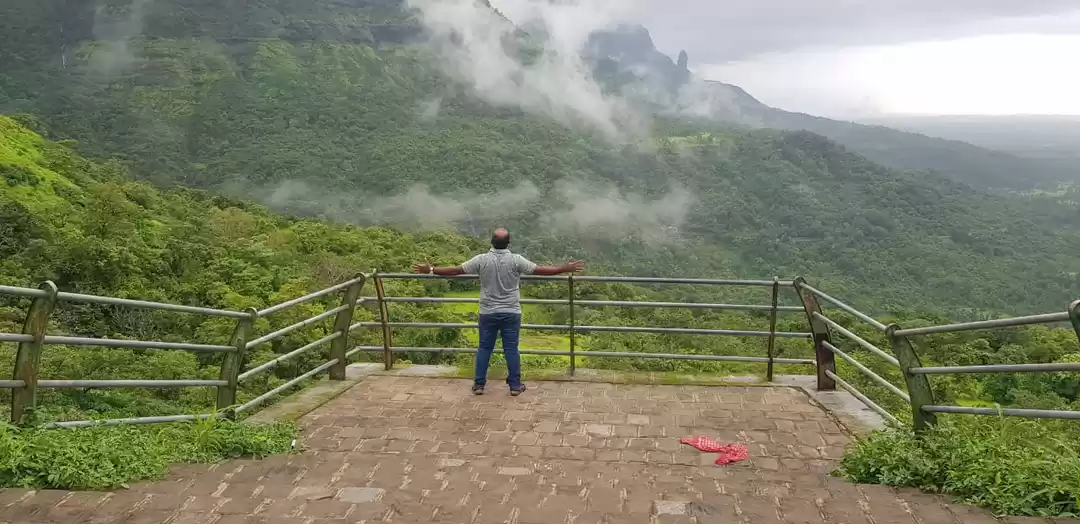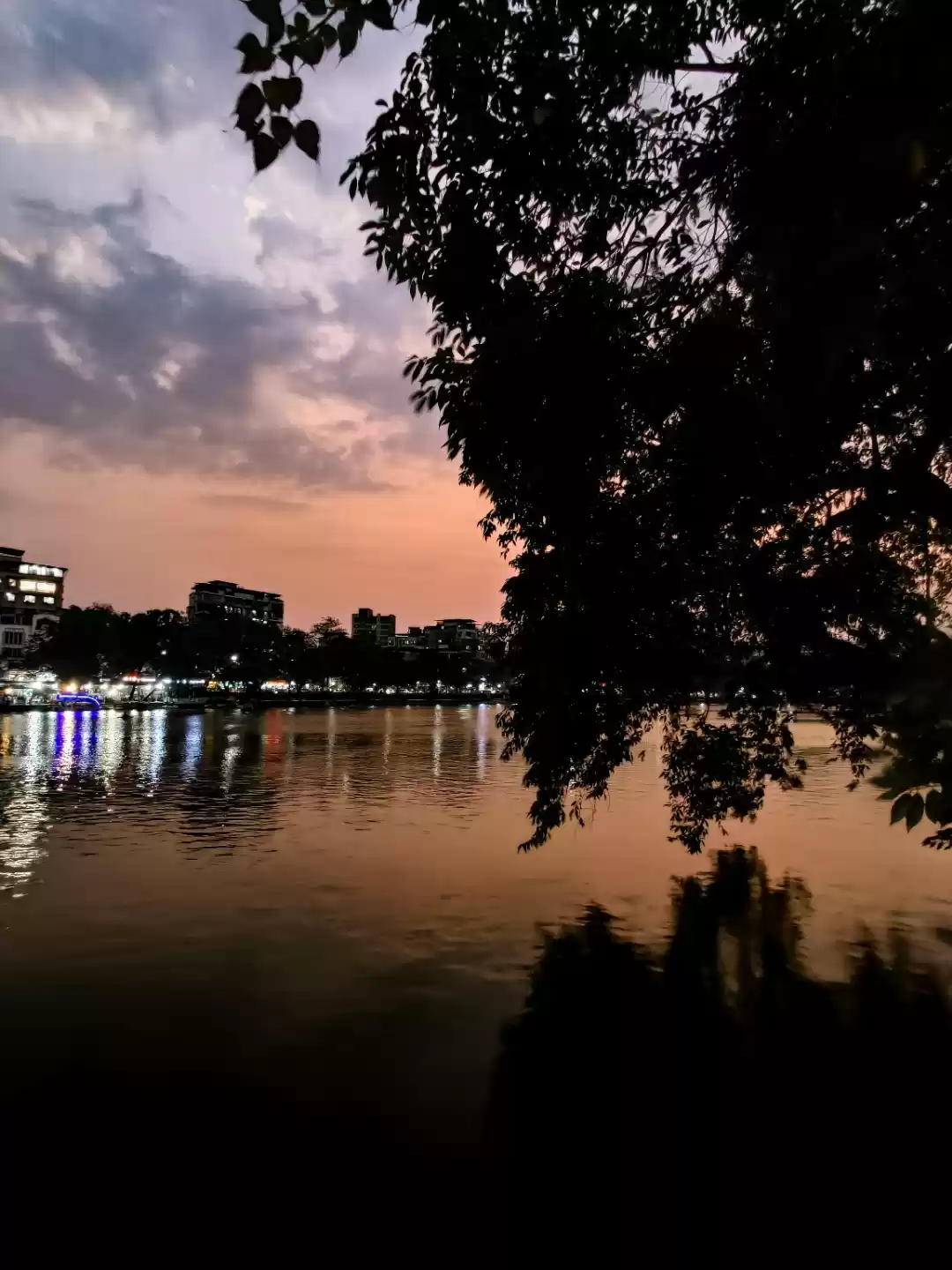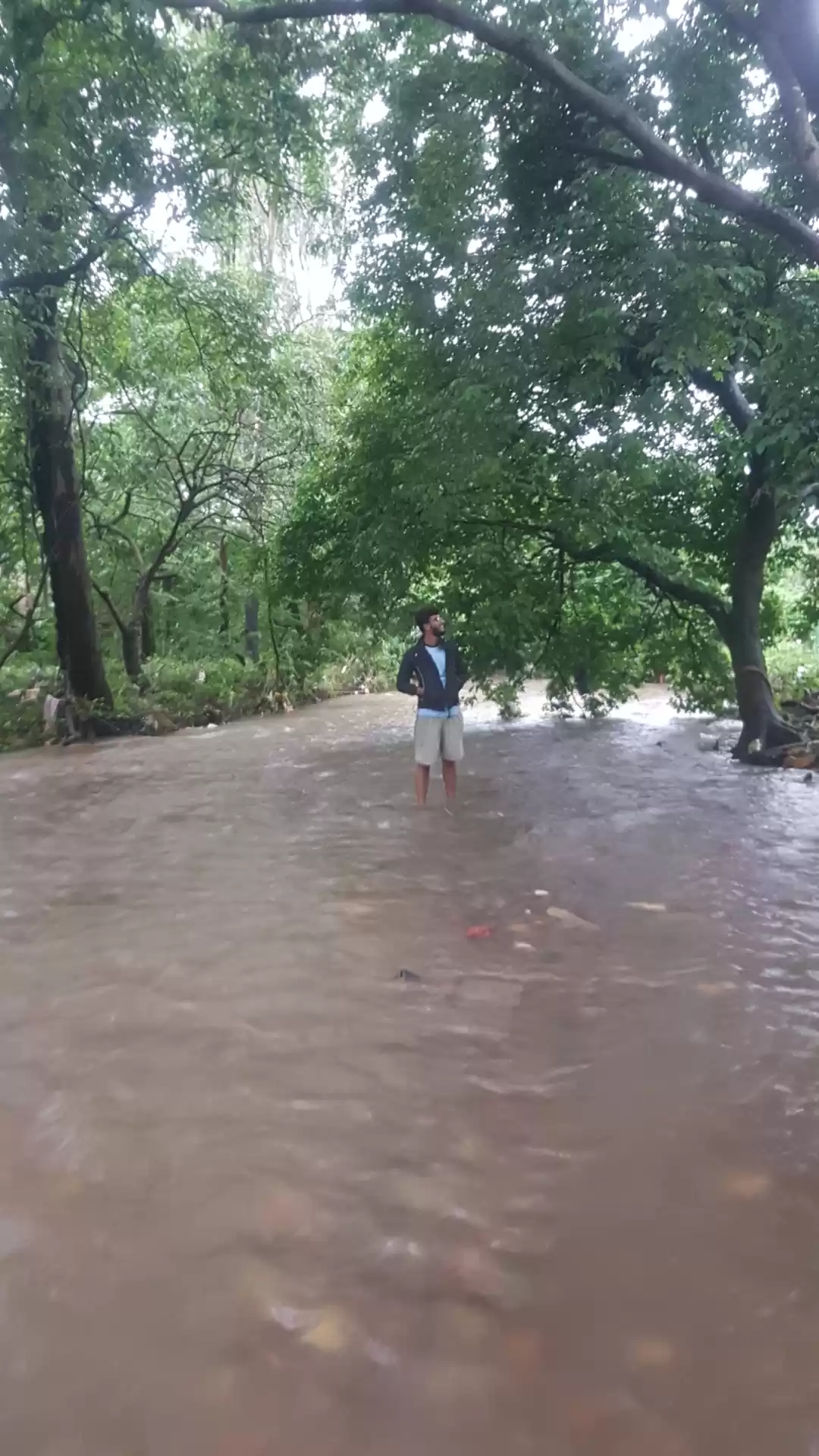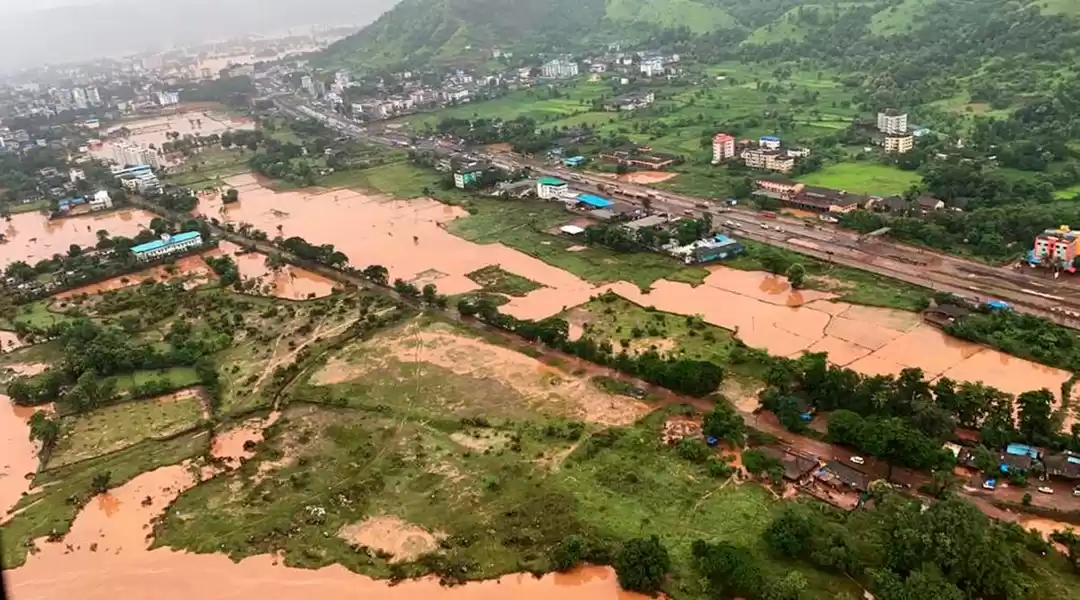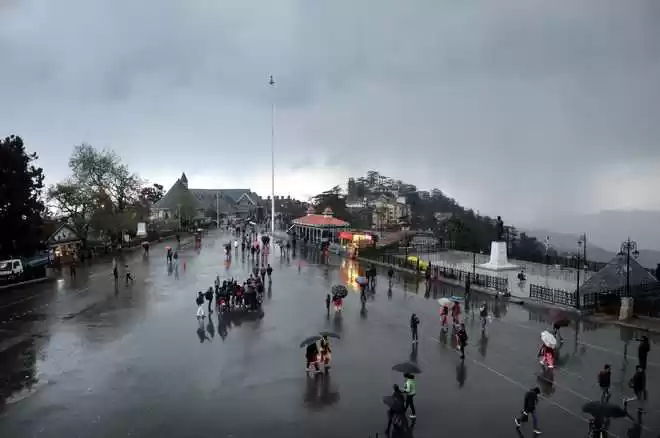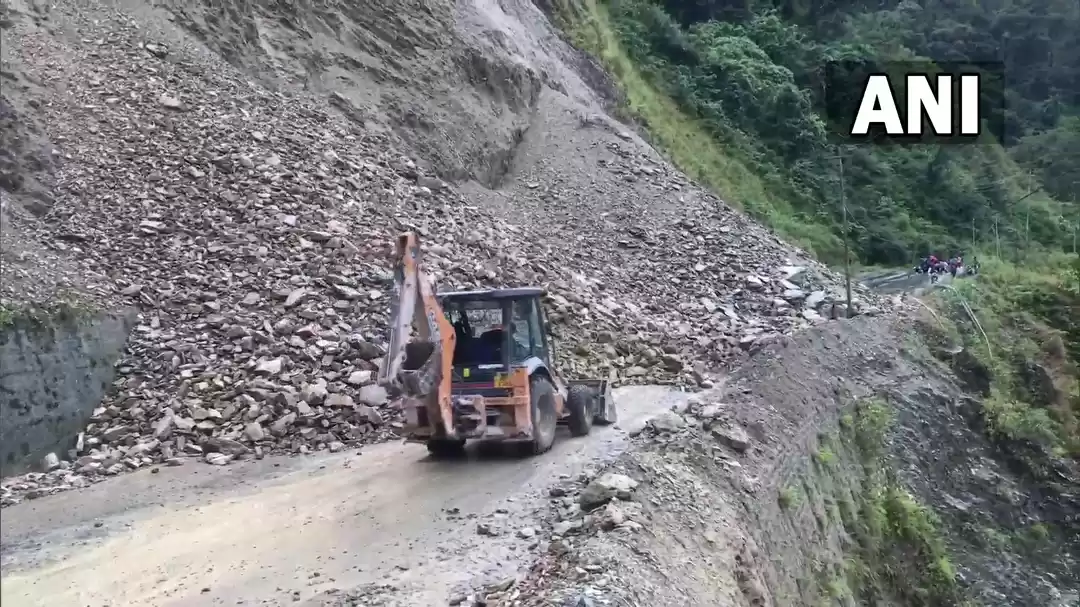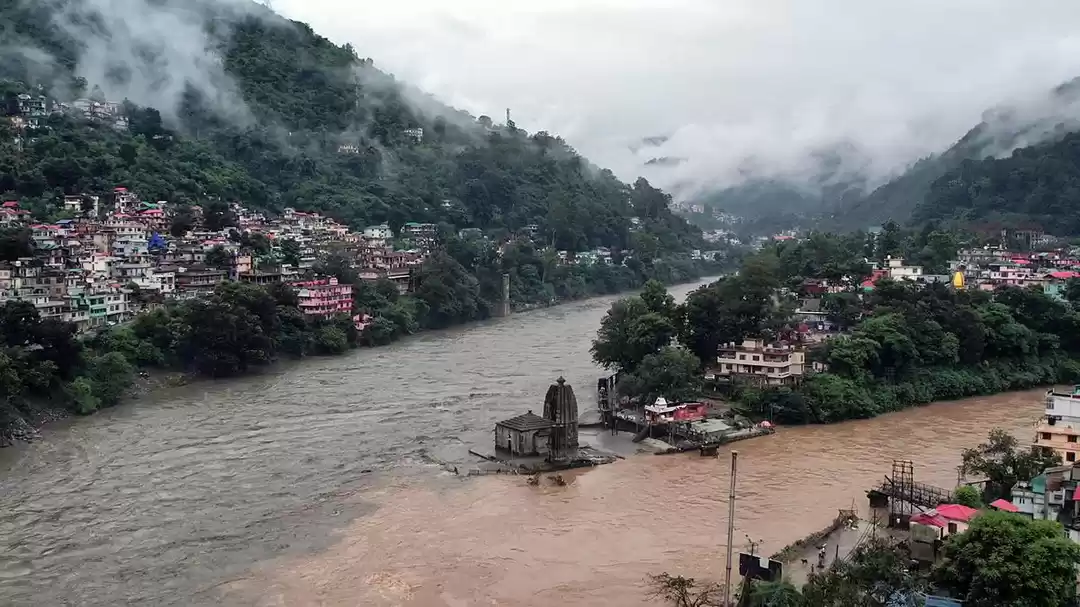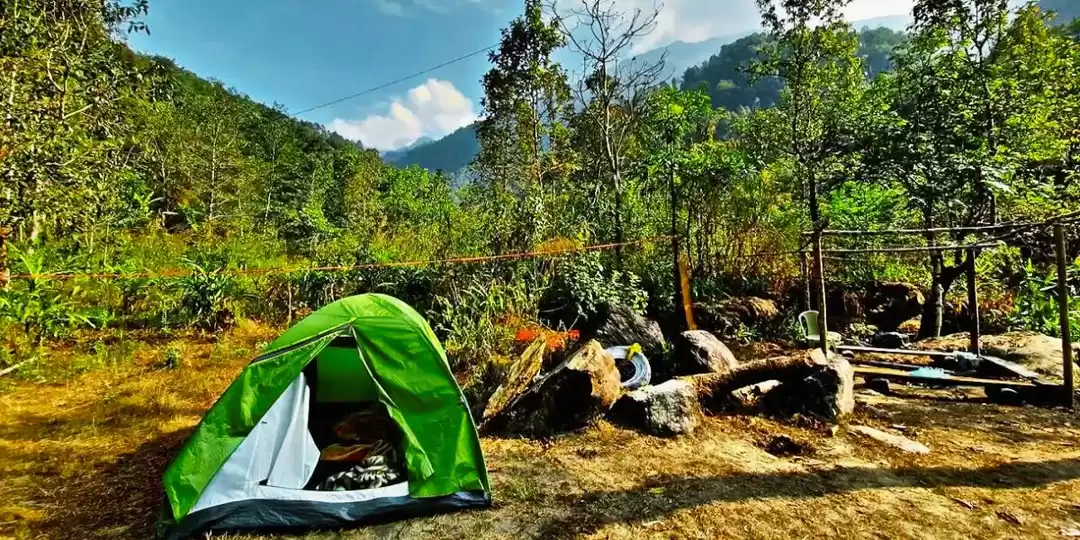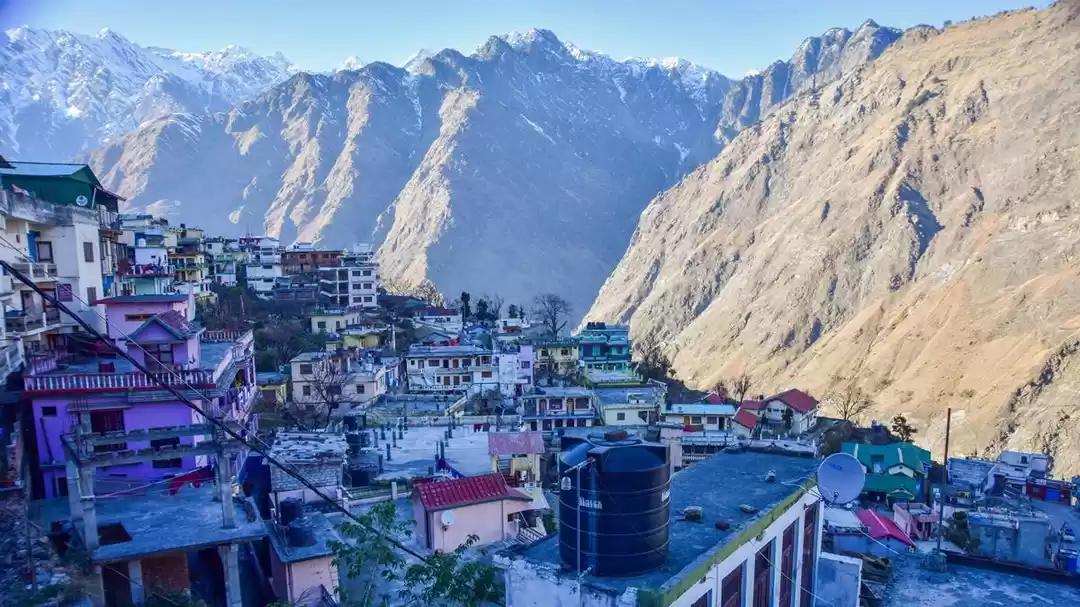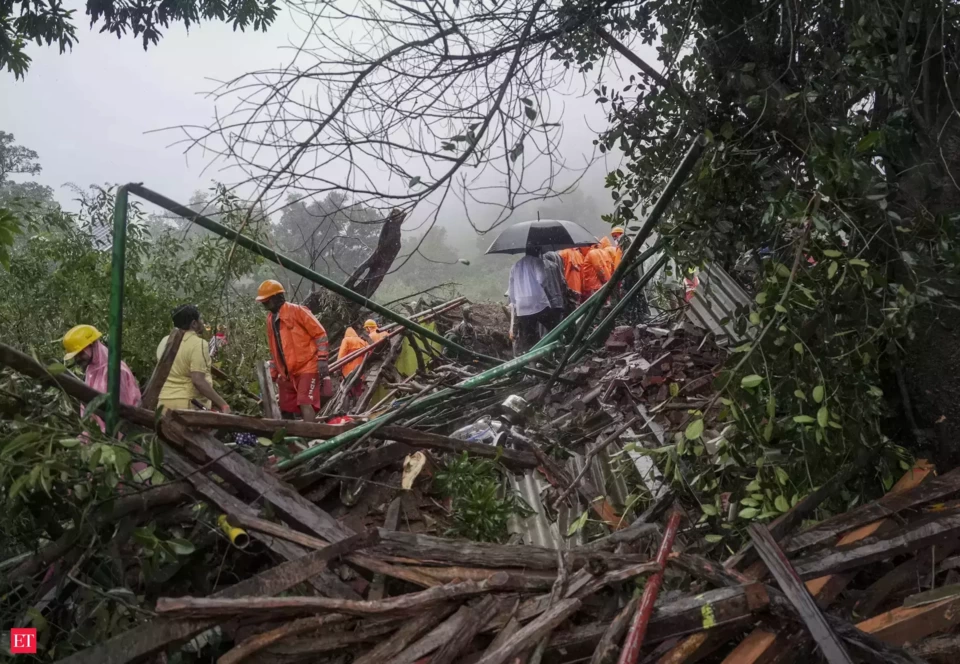
Recently, a cloudburst resulted in a staggering 400 mm of rainfall within just 24 hours. This deluge triggered a catastrophic landslide that buried the village under a heap of mud and rock. It's heartbreaking to think of the lives lost and the danger that lakhs of villagers in the foothills face.
Environmentalists point to several factors that have made the Sahyadri range susceptible to landslides during heavy rains. The lack of vegetation due to soil erosion, quarrying activities, and rampant construction are some of the key reasons behind this vulnerability.
Unmasking the Tragedy: The Pattern of Disaster
Experts have noted that Irshalgad's fate appears to be repeating a pattern seen in previous incidents like Malin and Taliye over the last decade. In 2014, a landslide in Malin claimed 151 lives, and in 2021, a massive hillock collapsed on Taliye village, resulting in the tragic loss of 85 lives. In all these cases, the heavy rainfall of 300-400 mm played a crucial role.
Renowned ecologist Madhav Gadgil, who founded the Centre for Ecological Sciences, emphasizes that alongside intense rain, human activities like deforestation and negligence are major contributing factors to these disasters.
According to K S Hosalikar from the India Meteorological Department, Pune, continuous heavy rain for several days on hillsides with eroded tree cover can lead to landslides. Vegetation plays a vital role in stabilizing the soil and preventing such catastrophic events. Without ample vegetation, the soil can't absorb the immense water, and gravity takes over, causing the hills to collapse.
Calling for Change: Protecting Irshalgad's Precious Hills
In light of these tragedies, activists are now calling for a complete ban on quarries in Raigad and Thane districts. Quarrying activities loosen the soil, making the hills even more vulnerable to landslides. NatConnect Foundation and Shri Ekvira Aai Pratishthan have reached out to the chief minister, Eknath Shinde, urging for action against these quarrying practices. While quarries along the Parsik range have been halted thanks to the National Green Tribunal's intervention, they still operate in the Kharghar and Taloja hills. Activists are urging the formation of a dedicated Hill Development Regulatory Authority to put a stop to this indiscriminate mining.
Let's remember the importance of preserving and respecting nature's balance as we explore these breathtaking landscapes. It's crucial to learn from the past and take measures to protect the natural wonders that make our travels so special. Together, we can create a sustainable future for these picturesque regions and ensure the safety of the communities living in their foothills. Happy and responsible travels, everyone!
Ready to travel for free? Earn credits and redeem them on Tripoto’s weekend getaways, hotel stays and vacation packages!



